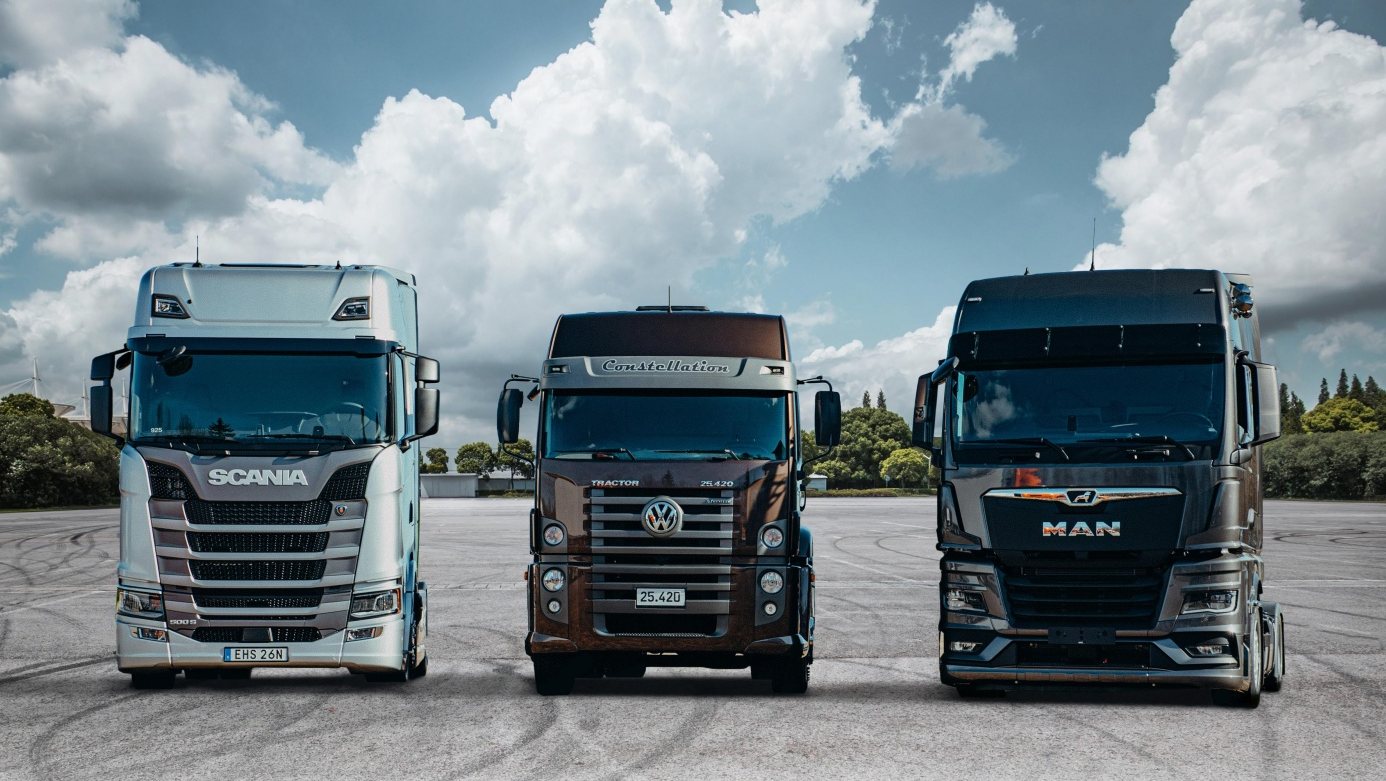As is the case with automobiles, the heavy vehicle industry is also being forced to look for solutions to design zero-emission trucks, that is, electric trucks, regardless of whether they store energy in batteries or produce it on board using batteries. gas (fuel cells) to hydrogen. There are manufacturers that clearly opt for the first technology, while others opt for the second. But for Traton, the heavy and commercial division of the Volkswagen Group, which includes brands such as MAN and Scania, the solution is exclusively for battery electric trucks.
A fuel cells They have several advantages over batteries, especially in terms of weight, as well as in terms of the time required to recharge. This despite the fact that the production of hydrogen requires a high expenditure of energy, which it will not be a problem if it is produced from renewable sources and ideally close to the charging point, to prevent hydrogen transport. The pros and cons are regularly evaluated by heavy vehicle manufacturers and the solution is far from consensual.
Traton boss Bernd Osterloh, the Volkswagen Group does not consider the fuel cells as the ideal alternative to move loads without polluting. It also does not invest heavily in synthetic fuels for trucks and buses, arguing that bet only on a single strategyAfter being defined as the ideal and with the greatest potential for the future, makes more sense. So he said at a recent conference in Germany, organized by the publication Auto Motor und Sport.
For Osterloh, battery electric trucks do not limit autonomy in the least, compared to models that use conventional diesel engines. According to the boss of Traton, ranges of 300 to 400 km will be possible now or soon. And this, combined with mandatory rest stops, during which batteries can be recharged (if the necessary infrastructure exists), does not limit certain types of freight transport, especially on short and medium-distance routes. Bernd Osterloh declared, during the Hanover Commercial Vehicle Show, that batteries will reduce weight and cost, to increase recharging power, so the technology will be increasingly competitive.
Behind, it seems, are the electric trucks that are powered through pantographs, like some electric public transport vehicles that operate in Lisbon or Porto. Here the problem lies in the large investments in infrastructure, although MAN and Scania have developed prototypes to test this solution. Traton also admits, as might be expected, that will continue to produce diesel engines for the models it sells in markets where electric motors are not an advantage and where there is no charging network.
Source: Observadora
